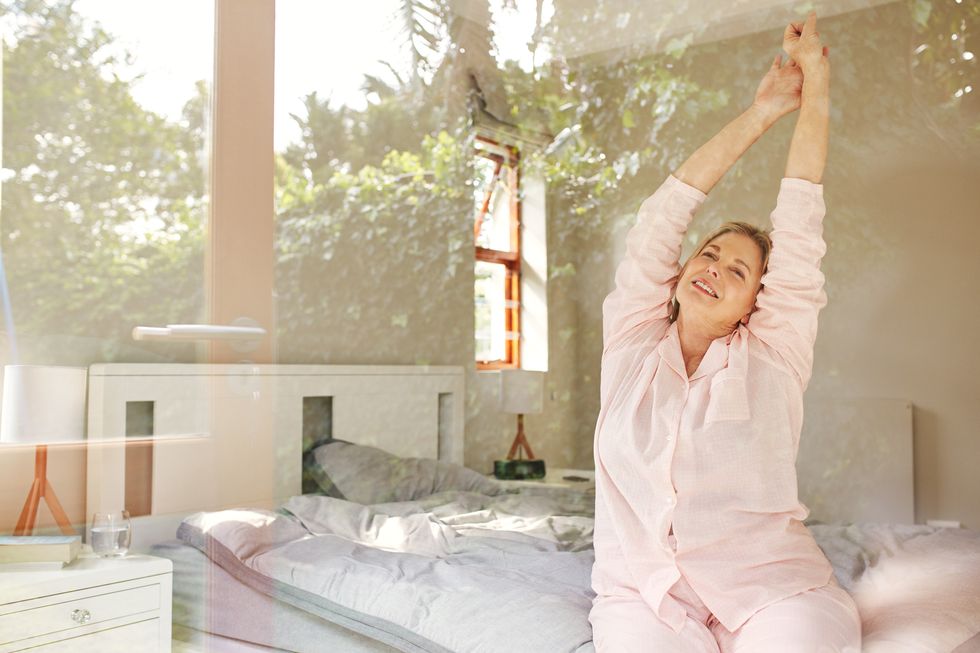Brrring! Buzzzz! Beeeeep!
Ugh. It's time to wake up.
If you're lucky enough to be the type to pop right out of bed (I never could understand how some people wake up with a smile, raring to go), you might not want to bother reading any further.
But, if you're like me—and I suspect millions of others—who have trouble summoning their inner early bird, or someone for whom pulling the covers over your head feels like a natural reflex, you might want to invest a few minutes in learning some ways to help make the process easier.
- Turn in 15 minutes earlier every three or four days. Sometimes it's tough to wake up in the morning simply because you're going to sleep too late. Seems obvious, I know—especially when you consider that bedtime is so ingrained. Your circadian rhythm, the driving power behind your sleep/wake habits, is a powerful force. So, while biology may mind you, this is a small step you can take to change your patterns. Any improvement—even a slight one—is better than none, right? If you have trouble falling asleep earlier than normal, research finds that yoga and deep breathing are proven remedies to help improve sleep patterns.
- Let the sun in. Light plays a huge role in resetting your circadian clock. Think about it: If light makes it difficult for you to fall asleep, that means it makes it easier to wake you up in the morning. Our eyes have light-sensitive cells that send signals to our brain, informing us if it's nighttime or daytime, thus influencing our internal clock. So, just as you would dim the lights to induce sleep, turn them up to induce wakefulness, whether that means throwing open the curtains; going outside for a walk with your pooch, your coffee, or both; or sitting in front of a window and basking in the sunlight. (No sunlight? A bright artificial light will do, too.)
- Stretch—and then stretch some more. This is something I've been doing (and enjoying) lately, not specifically to wake me up but to ease my morning stiffness (may be time for a new mattress—anyone have any good recommendations?). But aside from helping my body kick the kinks, stretching is a great way to feel energized and refreshed. Here are some easy stretches from the Mayo Clinic. (I recently purchased this mat for stretching, and love it. It's cushy and easy to store).
- Plan ahead. This may take a little extra time the night before, but it really helps to make your mornings a little less hectic and run more smoothly when you might not be running on all engines. The night before, plan and lay out your clothing and anything else you might need for the next day, make a to-do list, write out and schedule all your outgoing emails. Anything that makes the morning easier will make waking up easier, too.
- Put your clock across the room. The snooze button is all-too-enticing if it's within reach. Once you're out of bed, it's easier to stay there and start your day.
- Put your coffee on a timer. There's nothing more enticing than the aroma of coffee to get you out of bed. Some machines, like this one, have built in timers. Others don't, including this Nespresso I just splurged on, but it makes me so happy—I absolutely love the coffee! I always look forward to that first cup, and that's usually enough to get me to throw my covers off most mornings.
- Put out a cozy robe. Unlike your clock, keep it close by. Knowing that you can snuggle into it makes it easier to lose the covers.
Want to read some more about health at midlife?
Is Your Everyday Life Setting You Up for Pain?
Menopause and Anxiety: The Connection
How to Take Care of Your Heart After Menopause


